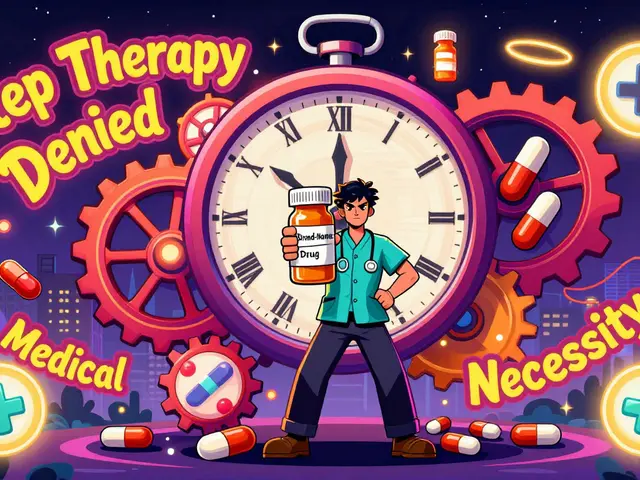Supplements: what to know before you start
Thinking about a supplement to boost energy, help your thyroid, or support joint pain? Supplements can help, but they also bring real risks—especially if you take prescription meds. This page gives practical, no-nonsense tips so you pick safer products and avoid common problems.
How to pick safe supplements
Look for third‑party testing. Brands that show USP, NSF, or Informed‑Sport seals have been checked for quality and correct dosing. Read labels: check the exact dose, the active ingredient, and watch for hidden additives like extra caffeine or prescription‑only substances.
Start small and add one at a time. Try a single supplement for a few weeks so you can notice benefits or side effects. Don’t stack several new products at once—if something goes wrong, you won’t know which one caused it.
Avoid mega‑doses unless a clinician recommends them. More isn’t always better. For example, very high doses of fat‑soluble vitamins (A, D, E, K) can build up in the body and cause harm.
Supplements and prescription meds: quick rules
Tell your pharmacist or doctor about everything you take. Some specific red flags to mention right away:
- Calcium, iron, and antacids can block absorption of thyroid pills like levothyroxine. Take thyroid meds on an empty stomach and wait 4 hours before taking those supplements.
- St. John’s wort can reduce levels of many prescription drugs, including some antidepressants, birth control, and certain antivirals. Don’t assume a herbal product is harmless.
- Grapefruit and grapefruit juice change how some statins (like simvastatin/Zocor) or other drugs are metabolized, raising side‑effect risk.
- Vitamin K can interfere with warfarin (a blood thinner). If you’re on anticoagulants, keep vitamin K intake steady and discuss changes with your clinician.
- Biotin can mess up blood tests, including thyroid and heart lab results. If your doctor orders bloodwork, stop biotin at least 48–72 hours beforehand or tell the lab you’re taking it.
Where you buy matters. Use reputable pharmacies or retailers. Our site has guides on spotting safe online pharmacies and budget options, but don’t buy products with vague ingredient lists or no contact info.
If you’re managing a condition—thyroid issues, diabetes, high cholesterol—look for articles that go deeper. For example, our "Best Diet and Supplement Tips for Thyroid Medication" piece covers which nutrients matter and timing tips. If you take statins, check our "Zocor FAQ" to learn about interactions and monitoring.
Bottom line: supplements can help, but they’re not risk‑free. Ask your pharmacist, pick tested brands, keep a list of everything you take, and bring that list to medical appointments. Want help finding a trustworthy product or checking an interaction? Browse our related articles below or use the search box to find posts tailored to your meds and goals.
Acetyl-l-carnitine for Alcohol Addiction Recovery: Benefits and Insights
Explores the potential benefits of Acetyl-l-carnitine in aiding recovery from alcohol addiction. The article covers its mechanism of action, effectiveness, and some interesting facts about its use. It also includes useful tips for integrating this supplement into a recovery plan.





